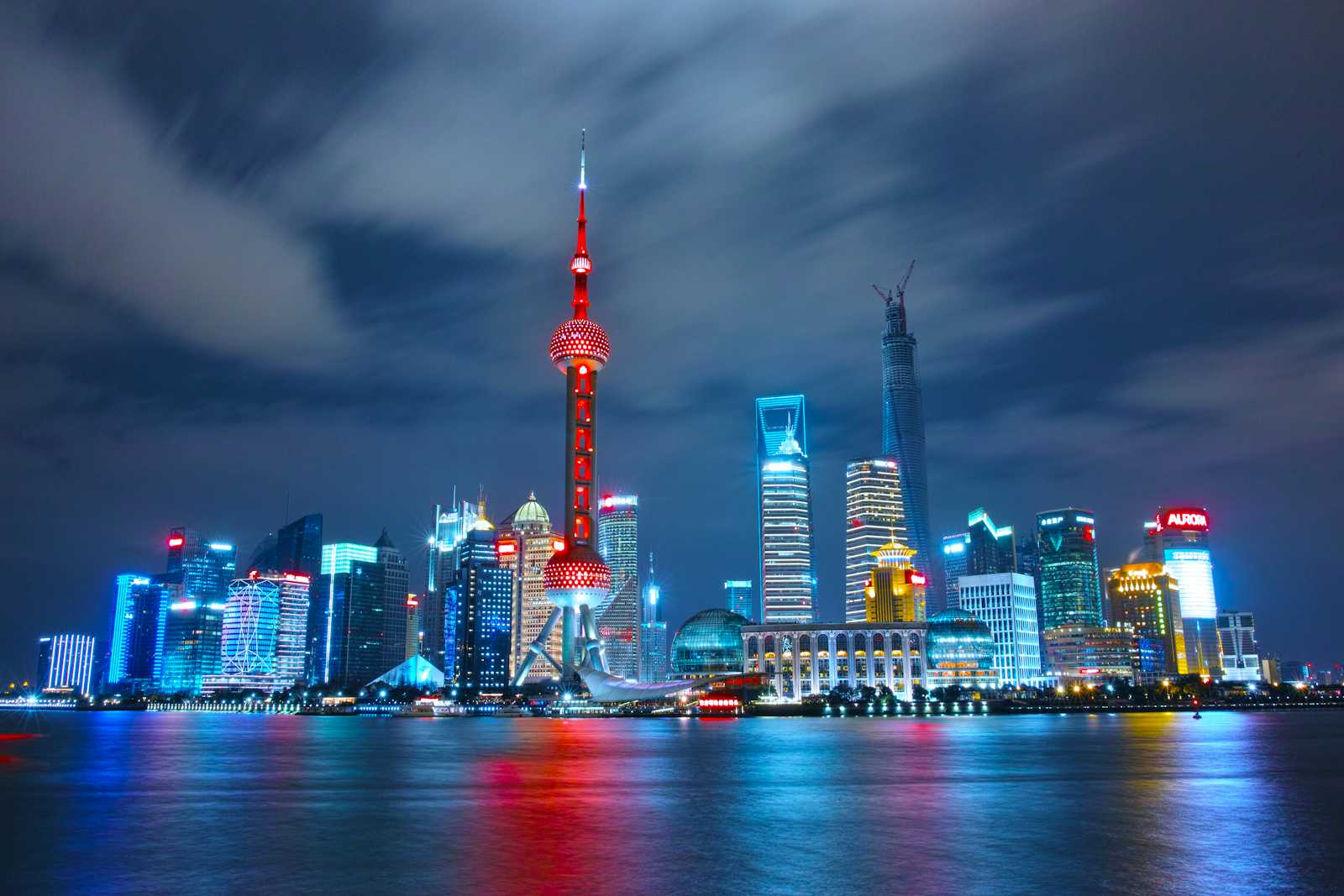China’s Tech Crackdown: How Beijing Is Reshaping Its Tech Giants
 Nettribe Media
Nettribe Media
In recent years, China’s government has taken a more assertive stance on regulating its tech industry, fundamentally reshaping the landscape for the country’s tech giants. The crackdown, which started in late 2020, initially targeted high-profile companies like Alibaba and Tencent, but it has since expanded to include sectors such as e-commerce, social media, fintech, and even education. Beijing’s motivation behind these measures is multi-faceted, aiming to address issues like monopolistic practices, data privacy, and the influence these corporations wield over both the economy and public life.
One of the most significant moves came when Alibaba’s Ant Group IPO was abruptly halted, followed by an anti-monopoly probe that led to a record $2.8 billion fine for Alibaba. This sent shockwaves through the tech sector, signaling that even China’s most powerful companies were not immune from regulatory scrutiny. The crackdown was soon extended to other companies, including Tencent, Meituan, and Didi, with fines and investigations becoming more frequent.
Beijing’s focus is not solely on curbing monopolistic behavior. Data privacy has emerged as another critical area of concern. New regulations such as the Data Security Law and Personal Information Protection Law (PIPL) have placed strict controls on how companies collect, store, and manage user data. This has led many firms to adjust their practices, ensuring compliance with Beijing’s tightened controls. For companies like Didi, which was forced to delist from the U.S. stock exchange following an investigation into its data practices, this has had substantial business implications.
Moreover, the crackdown is about reasserting state control over key sectors and preventing any one company from becoming too powerful. China's tech sector had enjoyed relative freedom for years, with companies amassing immense influence. However, Beijing is now reasserting itself, ensuring these firms operate within the government’s broader vision of economic stability, national security, and social order.
This recalibration of the tech industry in China is not just about reining in corporate power but also about pushing for "common prosperity"—President Xi Jinping’s initiative to reduce wealth inequality and ensure more equitable growth across the country. Tech companies are being encouraged, and in some cases forced, to invest more in public goods, rural development, and other initiatives aimed at narrowing the wealth gap.
Overall, China’s tech crackdown has created a new reality for the country’s tech giants. These companies are learning to navigate a more heavily regulated environment where government oversight is a constant factor. As Beijing continues to redefine the rules of the game, the global tech industry is closely watching to see how these changes will impact innovation and competition in China and beyond.
Subscribe to my newsletter
Read articles from Nettribe Media directly inside your inbox. Subscribe to the newsletter, and don't miss out.
Written by
